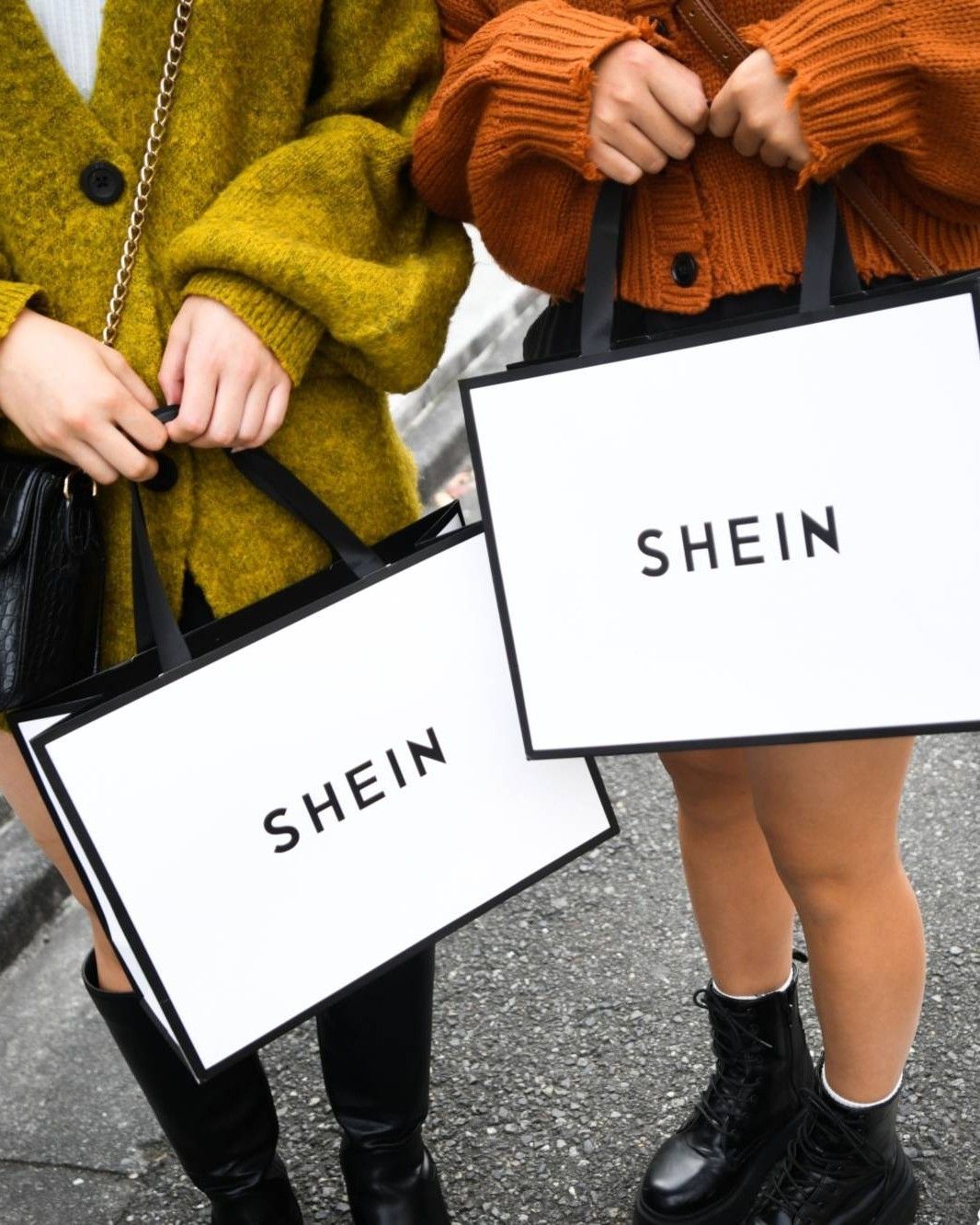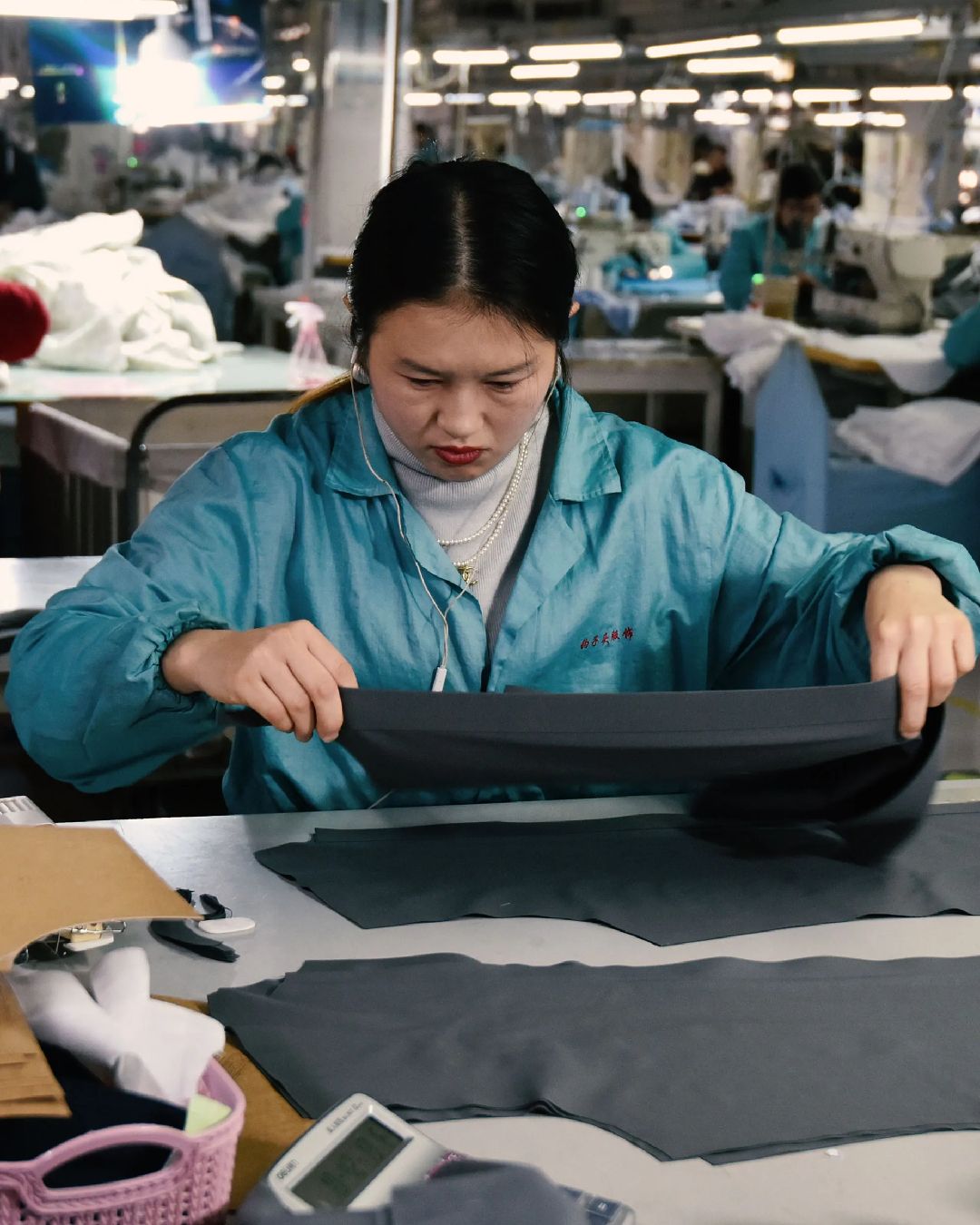
From 2030 all clothes in Europe will be traceable We asked the experts what is the DPP and why we should care about it
When did we start paying attention to the country of origin of the produce we consume? The term "zero kilometer", in the culinary world, is now renowned as a guarantee of freshness, a term that always manages to make a good impression on restaurant menus. The attention to what we consume increasingly influences our food decisions, partly due to technological advancements that have made us more aware of what goes on in the world, and partly because of the obsession the Western world has with health. While we have learned to recognise the value of local produce, we still seem to cultivate a dangerous disinterest in clothes. The fast fashion market is recording an average growth of 3% this year, and it is expected to reach a total value of 47.5 billion dollars by the end of 2024. Shein has gone public in London, Inditex has observed a 30% increase in its shares in recent months. To promote sustainable fashion, Europe has imposed greater restrictions on all clothing manufacturing companies to make brands responsible and urge them to recycle. By 2028, every company will be required to collect a certain percentage - which will increase year by year - of textile waste or pay a tax for its collection, while by 2030, every item sold in European Union countries must have a Digital Product Passport (DPP). Some brands have seized the opportunity, having already pick up the initiative, but many others still turn their backs on it. What is a digital passport for? We asked Jenny Wärn, Product Operation Director at TrusTrace, which deals exactly with this technology, and Stefano Rosso, CEO of Marni, President of Maison Margiela, and Member of the board of Aura Blockchain Consortium.
Leading blockchain for luxury! Aura Blockchain Consortium logs 40M+ items with digital product passports for brands like Bulgari, Tod’s, Dior, Loro Piana, and Chopard. With the EU’s 2026 DPP mandate, traceability & transparency in fashion are more urgent than ever! … pic.twitter.com/qoKetqmYSE
— Leila Hurstel (@LeilaHurstel) May 21, 2024
Founded in 2016, TrusTrace is a global company specialised in the creation of traceability programs for fashion brands. It is a platform that manages all data related to a brand's product, from the origin of materials to the factory where the final production took place. «The European Commission is requiring brands to disclose this information to consumers,» explains Wärn. «They have to care because it's the law, but they shouldn't see it as a challenge, but rather as an opportunity.» With the opening of a circular economy in fashion, the expert explains, it will be possible to establish a deeper connection with the client base, who will feel involved in every step of the production of the item they are buying, but it will also be possible for brands to access crucial information on how customers interact with what they buy, how, how much, and where they use what they purchase. «You can access the pre-loved market, if you recycle you can remake or repair even the most expensive products,» explains Wärn, adding that besides protecting the environment and benefiting the relationship with customers, circular fashion has already proven to be profitable. «With a pilot project carried out with Filippa K in Sweden, we tested complete traceability on two hundred products and proved that through repair and resale they could still profit from every item already in circulation.»
While the new regulation established by the EU will define what information must be included in the digital passport of an item, the communication of the DPP remains in the hands of each brand. In February 2023, Chloé launched the traceable technology Chloé Vertical, a project in collaboration with Vestiaire Collective that inserts in the new garments of the maison a QR code or an NFC tag containing all information on the origin of the materials of the item and on how to best preserve or repair it. The codes also show the original certificate of authenticity, a must-have in case of resale on the second-hand market. On the same initiative, this June the Italian group OTB announced that, starting from the FW24 collections, all Jil Sander, Maison Margiela, and Marni products will be equipped with a digital certificate of authenticity, an NFC chip linked to the Aura blockchain accessible via smartphone. «For the first time, every garment or accessory will be accompanied by a tool capable of proving its authenticity in an incontrovertible way over time and offering the consumer an unprecedented level of guarantee,» comments Stefano Rosso. «Over time, we will be able to add new tools and interaction possibilities such as, for example, the Digital Product Passport and links with other digital assets or tokens.» For the OTB group, the adoption of the certificate of authenticity represents an unmissable opportunity not only to guarantee greater transparency to customers but also to elevate the shopping experience through technological innovation. As Rosso explains, the initiative is in the development phase, but one day it will be extended to other brands of the group and will also include the DPP, as per European regulations. «It is a complex process that we are studying carefully to identify the best development methods and which will have to involve the supply chain,» adds the CEO. «This will allow us to promptly grasp all the challenges and opportunities that future regulations will present.»
For consumers, obtaining a certificate of authenticity and discovering the origin of the materials they wear is not just a source of pride, a status symbol to add to the logos they wear on their accessories. Taking an interest in the creation process behind a new purchase represents a new way to demonstrate one's stance on socio-political causes. Through the DPP, it is possible to «compare the geographical journey of a product with the risk of forced labor or deforestation in that area, the environmental impact such as water usage,» explains Wärn. «Today we have everything we need to understand the true cost of fast fashion, from the situation of workers in Asia to the impact it has on the environment.» Obviously, as long as companies do not change the way they operate, the socio-environmental problems affecting the fashion industry will continue to persist, but knowing that consumers will now have better tools to evaluate which brands to invest in instills a renewed sense of hope in all the professionals who, like Wärn, are committed to the cause. Moreover, the new transparency restrictions from the EU do not only involve the luxury industry but the entire sector, fast fashion included, so when circular fashion will get in full swing, it will be up to them to decide whether to embrace progress with open arms, or to remain stuck in the same old cycle.













































